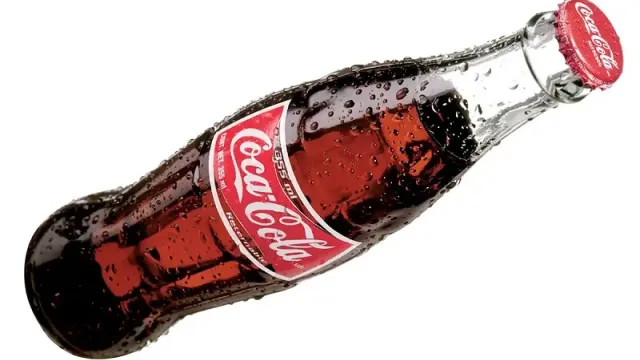Fairness on the bottle: Coca-Cola ordered to end discriminating Kenya's poor

Fairness on the bottle: Coca-Cola ordered to end discriminating Kenya's poor
A Kenyan court has found soft drinks multinational Coca-Cola is discriminatory against poor people by failing to include dietary information on glass bottles just as it does on its pricier plastic bottles.
The Appellate court found that informing buyers of plastic bottles while leaving poor people, who buy most of its glass bottles with no information about their diets was discriminatory. Consequently, the multinational has been ordered to rectify the anomaly.
Coca-Cola has come under a lot of scrutiny over the levels of sugar in their drinks and the information provided to consumers when making purchases, as concerns increase over rising cases of diabetes and obesity.
Mark Ndumia Ndung'u said he launched the campaign after he was diagnosed with ulcers and his doctor asked him to take foods with high acidic content.
After the warning he became more aware of his diet and that was when he was struck by the discovery of the obvious difference between the information contained on the label of the glass bottle as compared to the plastic beverage bottles.
Unlike the plastic bottle, the glass bottle did not have information on the nutritional content of the Coca-Cola, Krest, Fanta, Sprite or Stoney beverage brands as well as any information on customer service telephone and email address or storage directions.
Read also: Sweeping your front yard to clean Mathare River
Bottled fizzy drinks cost less
Coca-Cola admitted that glass bottled fizzy drinks cost less with the difference in pricing occurring because the glass bottles are reusable while plastic bottles are not. This means that people are more likely to choose the glass bottled drinks, which have no dietary information and hence are exposed to lifestyle diseases than their richer peers.
“The Appellants had failed to demonstrate that the differentiation was for a rational or legitimate purpose and that the discrimination failed a justification enquiry under Article 24 as the price distinction meant that those with low purchasing power who could only purchase glass bottles, were deprived of information supplied with respect to the same product,” the court said.
The Appeals court ruling makes a bold case on discrimination against class differences, setting a precedent on how corporations treat different segments of the market.



